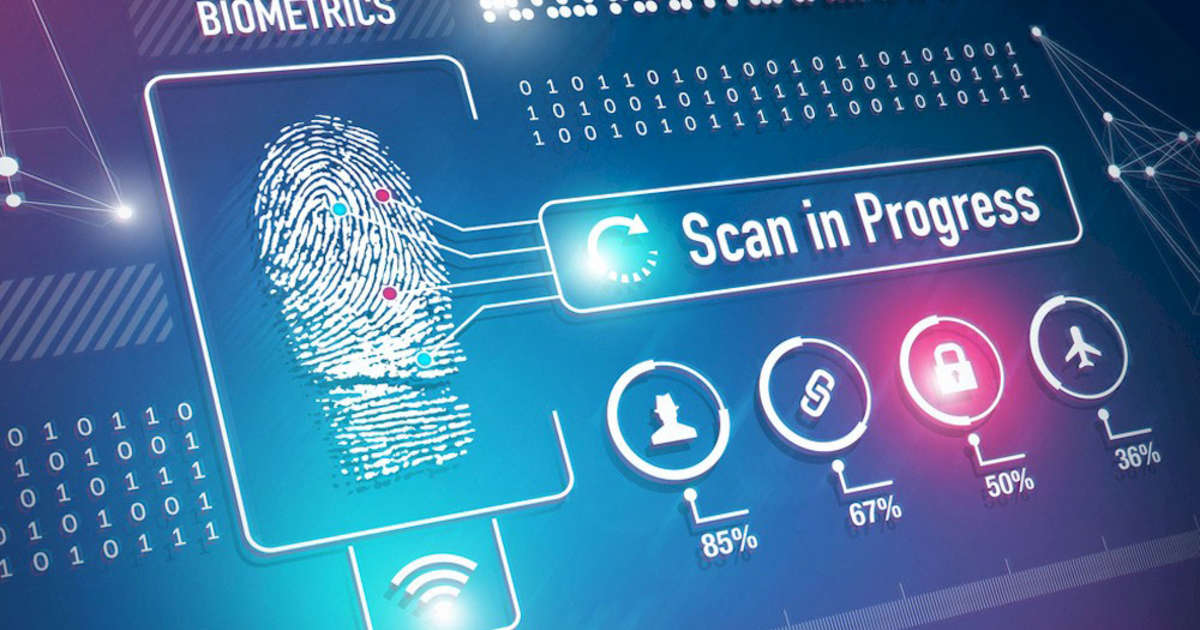In today’s world, security is becoming increasingly important, and organizations are looking for new and innovative ways to protect their assets. Traditional security measures like passwords and PINs can be easily compromised, leaving companies vulnerable to cyber-attacks. Biometric authentication has emerged as a promising solution to this problem, and with the advent of artificial intelligence (AI), the technology has taken a huge leap forward. In this blog post, we will discuss how artificial biometrics is changing the game in the security industry.
What is Artificial Biometrics?
Artificial biometrics is the use of AI algorithms to analyze and identify human characteristics for the purpose of authentication. Biometric authentication is based on the unique characteristics of an individual, such as fingerprints, facial recognition, and voice recognition. With the help of AI, biometric authentication can be made more accurate and efficient, making it an ideal solution for security applications.
Advantages of Artificial Biometrics
Artificial biometrics has several advantages over traditional security measures. First and foremost, biometric authentication is much harder to hack or compromise. Unlike passwords and PINs, biometric characteristics are unique to each individual, making them much more secure. Additionally, biometric authentication is much faster and more convenient than traditional security measures. Users can simply scan their biometric characteristic, and the authentication process is complete.
Applications of Artificial Biometrics
Artificial biometrics has many applications in the security industry. One of the most common applications is in the field of access control. Biometric authentication can be used to control access to secure areas, such as data centers and government facilities. Biometric authentication can also be used for online transactions and banking applications, where security is of utmost importance.
Another application of artificial biometrics is in the field of law enforcement. Biometric authentication can be used to identify criminals and suspects based on their unique biometric characteristics. This can be particularly useful in cases where traditional identification methods like fingerprints are not available.
Future of Artificial Biometrics
The future of artificial biometrics looks bright, with many new applications and innovations on the horizon. One promising area is the use of biometric authentication in the healthcare industry. Biometric authentication can be used to securely access electronic medical records, ensuring patient privacy and security.
Another area of innovation is the use of artificial biometrics in the field of robotics. Biometric authentication can be used to identify and authorize the use of robots in manufacturing and other industries.
Conclusion
Artificial biometrics is a game-changer in the security industry. With the help of AI, biometric authentication has become more accurate, efficient, and secure. The technology has many applications in access control, law enforcement, healthcare, and robotics. As the technology continues to evolve, we can expect to see more innovations and advancements in the field of artificial biometrics.

